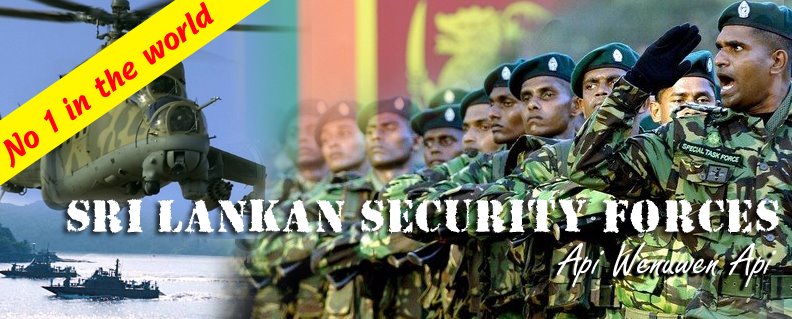We are still trying to figure out why the Nobel Committee gave Barack Obama its annual Peace Prize. As far as it appears, the award was based on the fact that the U. S. President is a good-natured fellow who people seem to like --and who isn't George W. Bush.
In fact, committee chairman Thorbjoen Jagland didn't really try to pretend otherwise. Consider the committee's stated reasons, along with Mr. Jagland's comments when reporters pressed him to justify Mr. Obama's selection: - "He has created a new international climate." - "One of the first things he did was to go to Cairo to try to reach out to the Muslim world, then to restart the Mideast negotiations, and then he reached out to the rest of the world through international institutions." - "Obama has as president created a new climate in international politics. Multilateral diplomacy has regained a central position, with emphasis on the role that the United Nations and other international institutions can play." - "Obama [has] captured the world's attention and given its people hope for a better future."
What seems clear from all this bafflegab is that Mr. Obama is being given his award for mere words -- for striking fashionable poses in favour of multilateralism, for making a nice speech in Cairo, for offering "hope." Months after Americans learned to dismiss Mr. Obama's 2008 presidential campaign slogans as the bromides they were, Scandinavians apparently are still drinking his Kool-Aid.
So who should have gotten the Nobel Peace Prize?
Instead of droning on about "hope" and "a new international climate," a group of people charged with awarding an annual peace prize might find it useful to focus on a more mundane and obvious inquiry. To wit: What part of the planet was beset by bloody war in 2008, but is now entirely at peace?
The only nation that fits the bill is Sri Lanka. And the reason for that is a ruthless military campaign waged by President Mahinda Rajapaksa against a militarized Tamil death cult known as the Tamil Tigers. This conflict has taken nearly 100,000 lives since it began three decades ago. But Mr. Rajapaksa ended it definitively at one stroke, killing or capturing virtually the entire Tiger leadership. It is one of the only times in the history of modern warfare that a guerrilla/ terrorist movement has been utterly destroyed in such a fashion. Overnight, war became a stranger to Sri Lanka.
Sounds like a pretty good candidate for a "peace" prize, don't you think?
But of course, actually making peace is not what this nominal peace prize is about. It's about going through the motions of pursuing peace in a touchy-feely UN-approved way.
Mr. Rajapaksa has done some fairly nasty things en route to destroying the Tigers -- including imprisoning and perhaps even killing pesky journalists and human-rights activists. More importantly (from a Scandinavian point of view), Mr. Rajapaksa committed an unpardonable foreign-policy sin en route to his victory: flouting "multilateralism." Which is to say that he ignored the bien pensant voices from abroad urging him to let the Tigers go just as the Sri Lankan military was about to administer the coup de grace. Had he listened, the war would continue to this day.
It's so much more fashionable to honour a man such as Mr. Obama, whose foreign-policy record hasn't been sullied by the moral trade-offs that inevitably accompany actually doing something to create peace on the battlefield.
Since the entire body of work for which Mr. Obama is being honoured consists of idealistic pronouncements, the Nobel prize committee was able to pick him without worrying that the choice could stir up controversy among umbraged minority groups, Amnesty International, Human Rights Watch or the UN's various institutional cheerleaders.
With this pick, the Nobel Committee has declared itself to be a debating society -- and it has given its shiny prize to the nice man who gave the best speech. It's like those beauty pageants wherein the MC asks contestants what they would do to promote world peace. The best answer earns applause, flowers and a trophy. But no one expects the winner to actually go out in her tiara and ballroom gown and stop people from fighting.
That task is left to head-knockers such as Mahinda Rajapaksa, Colombian President Alvaro Uribe, former Israeli Prime Minister Ariel Sharon and General Stanley McChrystal in Afghanistan. Their job is difficult and bloody. But every once in a while, as in Sri Lanka this year, they actually defeat the bad guys.
Then they go home, and turn on their televisions, and watch men such as Mr. Obama get showered with praise for their pretty words.








No comments:
Post a Comment